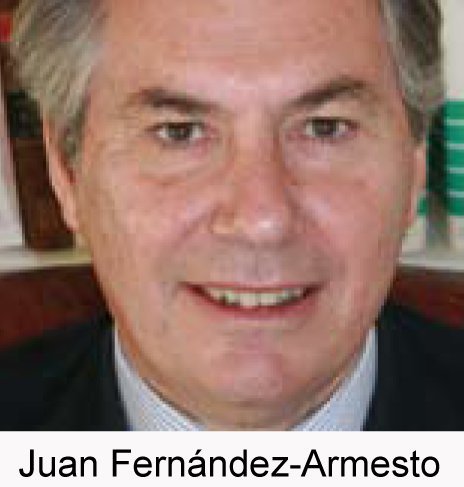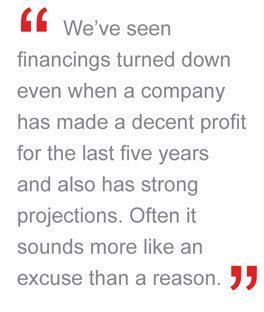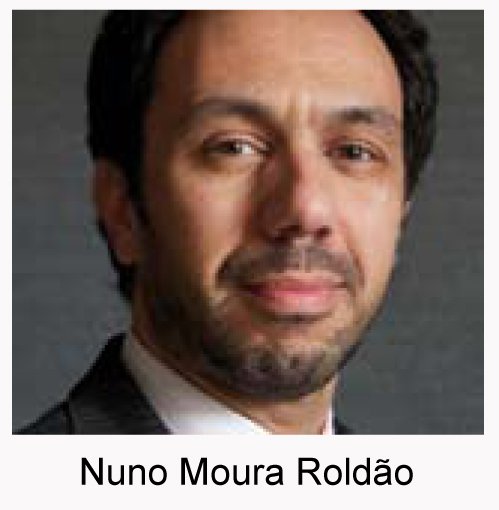Reducing investor uncertainty: Spain’s wait – Araoz & Rueda
There has been little recent political will to tackle the major challenges facing the Spanish economy, but the election of a new Government may prompt significant change
Political and economic uncertainty needs to be eradicated if Spanish M&A deal flow is to pick up during the next year and there are signs that things will improve once the dust settles, says Pedro Rueda, Corporate Partner with Madrid firm Araoz & Rueda.
“There are certainly a fair few companies looking at mergers as they continue to restructure their operations in Spain. There are more investors out there than a few years ago, but I think many investment decisions will be put off until 2012 and to see how the political situation develops.”

This past year was not however without deals, he insists. In the case of Araoz & Rueda, it picked up instructions from UK company Autobar on its purchase of Servicio de Venta Automatica in July; UK private equity firm Doughty Hanson on a number of bus and coach concessions; vendor’s due diligence on the public auction of Overon which, together with the firm’s involvement in hospital chain USP, is one of the few ongoing public auctions in Spain.
As such, Rueda feels the problem facing M&A is less about the appetite for investment than the availability of funds and the intense scrutiny of deals. “Any company wanting to make a corporate purchase will struggle to find a bank willing to offer acquisition finance with a debt-to-equity ratio of less than 60:40. In addition the pricing of the debt can be very high, which makes any financing an expensive option. The deals that do go through are club deals and not syndications.”

Fellow Corporate Partner Francisco Aldavero agrees. “Acquisition finance is quite rare. The banks are very reluctant to provide funds even if the target has a strong balance sheet. We’ve seen financings turned down even when a company has made a decent profit for the last five years and also has strong projections. Often it sounds more like an excuse than a reason.”
Equity rules
To compound the Spanish banks’ approach, international banks are also wary of the problems in Spain and the wider European economy. They too are resisting any large-scale financings, even for stable targets, say Rueda and Aldavero. The result is that deals worth more than €500m are very difficult to get off the ground. The main activity is therefore in the lower-to-mid market with more acquirers also turning to equity or vendor financing to push purchases through.
“If a buyer has liquidity they are in a very strong position,” says Aldavero. “They do not need to rely on any banks and are able to be a lot more selective with their targets. The trouble is that many of the potential deals have not reached close yet because buyers are so selective, although I think this will also start to change in the coming months.”
The level of scrutiny now evident in private equity-backed investments is one of the reasons that few transactions have closed; deals are taking a very long time to get done, which gives the impression that there is no activity.
In truth, there are many deals lined up, but the purchasers are undertaking much deeper analysis of those targets that are chosen.
Aldavero points out that lower prices, vendors’ contribution to the financing of transactions (by means of vendor loans, earn-out payments or equivalent mechanisms) and more complex negotiations are now key factors in any deal. “Disagreements over the company value or sale conditions are also now more frequent and may interfere with the process. We have experienced in 2011 an increase in the abort ratio.”
“This means stronger negotiations over price as well as more time to complete due diligence,” concludes Rueda. “If a company is making an acquisition with its own resources, then they need to make sure contracts terms are finalised and any risks are mitigated. This inevitably means that it can take much longer for deals to reach closure.”












